Combating and Controlling Nagana and Tick-Borne Diseases in Livestock
African animal trypanosomosis (AAT), also called nagana, is a trans-boundary disease that has had an immense impact on cattle and is ranked among the top global cattle diseases. This and tick-borne diseases have caused major obstacles to sustainable livestock-based agricultural production and food security and are important factors in underdevelopment. Due to decreasing efficacy of available drugs, widespread trypanosome resistance, and the difficulty of sustaining other control measures, there is a need for alternative sustainable strategies to reduce the impact these diseases have on livestock. Combating and Controlling Nagana and Tick-Borne Diseases in Livestock provides the latest empirical research findings on the effects of African animal trypanosomiasis (nagana) and tick-borne disease infection in livestock, their impact on farmer livelihoods, and the measures that can be undertaken to mitigate negative effects and reduce the number of infections. While highlighting topic areas such as disease history and transmission, treatments, and the economic impacts, this book is essential for farmers, animal health and animal production professionals and practitioners, non-government organizations, researchers, academicians, and students working in fields that include but are not limited to agriculture, livestock production, environmental science, veterinary medicine, veterinary pathology, and epidemiology.
{{comment.content}}
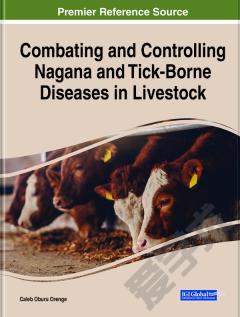
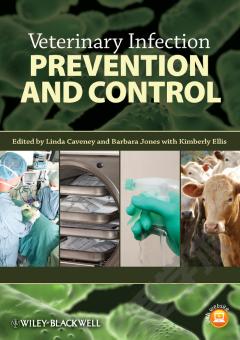
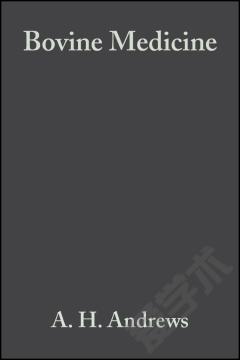
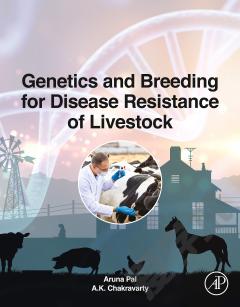

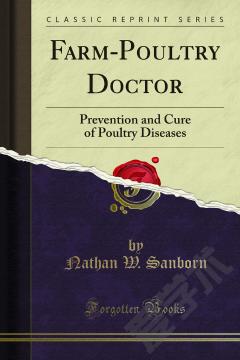


 京公网安备 11010802027623号
京公网安备 11010802027623号